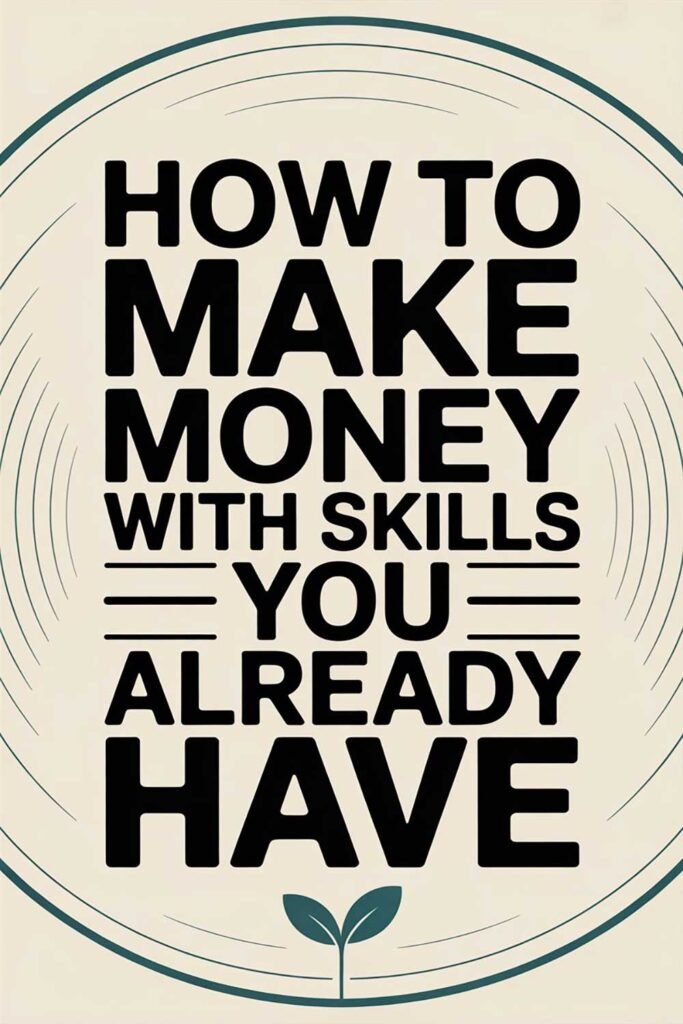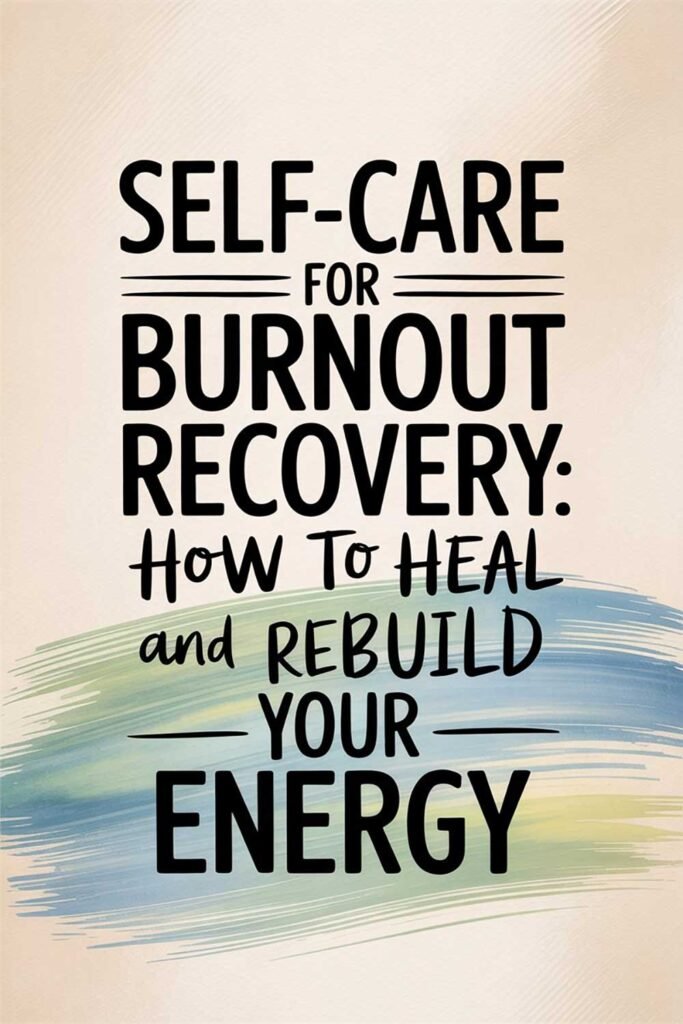10 Common Myths About Credit Scores Debunked
Your credit score plays a crucial role in your financial life. It affects your ability to get approved for loans, rent an apartment, or even get a job in some industries. Unfortunately, there are countless myths and misconceptions about how credit scores work. Believing these myths can lead to poor financial decisions that hurt your credit and limit your opportunities. In this detailed guide, we debunk 10 of the most common credit score myths and replace them with the facts you need to know.

1. Myth: Checking your credit score will lower it
Fact: Checking your own credit score is considered a soft inquiry and does not impact your score. Only hard inquiries—such as those from lenders—might slightly lower your score.
Real-Life Example: Lisa was afraid to check her credit score thinking it would go down. After learning the truth, she started monitoring it monthly using free apps like Credit Karma and saw steady improvement over time.
2. Myth: You need to carry a balance to build credit
Fact: Carrying a balance month to month is not necessary. What matters is making consistent, on-time payments and keeping your credit utilization low.
Real-Life Example: Jason paid off his credit card in full each month and still raised his score from 610 to 740 in under two years.
3. Myth: Closing old credit cards helps your credit score
Fact: Closing old accounts can actually hurt your score because it lowers your available credit and shortens your credit history.
Real-Life Example: Hannah closed her oldest card thinking it was helping her credit. Her score dropped 20 points. She now keeps old cards open with zero balances to maintain her credit history.
4. Myth: All debt is bad for your credit
Fact: Not all debt is bad. Responsible use of credit cards, auto loans, and mortgages can actually help build your credit over time.
Real-Life Example: After responsibly managing his student loans, Andrew saw his credit score rise by over 100 points.
5. Myth: Income affects your credit score
Fact: Your income is not part of your credit score calculation. However, lenders may consider it separately when evaluating your ability to repay a loan.
Real-Life Example: Despite earning a high salary, Michael had a poor score due to late payments and high credit card balances. Once he focused on on-time payments and reduced his debt, his score improved significantly.
6. Myth: You only have one credit score
Fact: You can have multiple credit scores depending on the credit bureau (Equifax, Experian, TransUnion) and the scoring model used (FICO vs. VantageScore).
Real-Life Example: Jenna noticed different scores across various apps. Her FICO score was 720, but her VantageScore was 695. She learned that lenders typically use FICO when making lending decisions.
7. Myth: Paying off a collection account will remove it from your credit report
Fact: Paying off a collection doesn’t automatically remove it. It may stay on your report for up to seven years but will be marked as paid, which is better than unpaid.
Real-Life Example: Thomas paid off a medical collection account. Though it stayed on his report, his score gradually improved because future lenders saw he resolved the debt.
8. Myth: Using debit cards helps build credit
Fact: Debit card use is not reported to credit bureaus and does not affect your credit score.
Real-Life Example: Grace thought her frequent debit card use was building her credit. After learning the truth, she opened a secured credit card and began building credit responsibly.
9. Myth: Credit scores are only important when borrowing money
Fact: Credit scores are used for renting apartments, setting insurance rates, applying for jobs (in some cases), and even setting utility deposits.
Real-Life Example: Noah was denied an apartment lease due to a poor credit score. He had never borrowed money but had missed a utility payment that went to collections. He now monitors his credit monthly.
10. Myth: Once your credit is bad, it can’t be fixed
Fact: Your credit can always be rebuilt with time, consistency, and smart financial habits.
Real-Life Example: Rachel had a score of 480 after a divorce and bankruptcy. She took a credit-builder loan, paid her bills on time, and kept utilization low. Within three years, her score climbed to 700.
20 Quotes About Credit, Debt, and Financial Wisdom
- “Your credit score is a reflection of your habits, not your worth.” – Unknown
- “The best way to destroy your enemies is to make them your friends. The best way to fix your credit is to make payments on time.” – Adapted
- “Financial freedom is available to those who learn about it and work for it.” – Robert Kiyosaki
- “The man who never has money enough to pay his debts has too much of something else.” – James Lendall Basford
- “A good credit score opens doors; a poor one closes them.” – Anonymous
- “You can’t build a reputation on what you’re going to do. Start today.” – Henry Ford
- “You must gain control over your money or the lack of it will forever control you.” – Dave Ramsey
- “Every cent you save or repay puts you one step closer to freedom.” – Anonymous
- “Money is only a tool. It will take you wherever you wish, but it will not replace you as the driver.” – Ayn Rand
- “A good name is better than riches, and a strong credit score is part of that name.” – Modified Proverb
- “Your habits will either make you or break you. Choose wisely.” – Anonymous
- “Don’t let yesterday take up too much of today.” – Will Rogers
- “Time is your greatest ally in rebuilding credit.” – Unknown
- “The more you learn, the more you earn—and protect.” – Warren Buffett
- “Credit is not wealth. Discipline is.” – Unknown
- “You are not your credit score. But you can improve it.” – Anonymous
- “Fix your credit like you’d fix your health—with a plan and patience.” – Unknown
- “A strong credit history is one of the best assets you can own.” – Suze Orman
- “Mistakes happen. What matters is how you recover.” – Anonymous
- “Credit is a game of consistency, not perfection.” – Unknown
Picture This:
Picture logging into your credit monitoring app and seeing your score rise—finally hitting that 700 mark. You feel relief, confidence, and pride. You apply for an apartment or a car loan and get approved instantly, with better terms. No more worrying about being denied. No more financial guesswork. You know the myths, you have the facts, and you’re in control. That’s what debunking credit myths and building smart habits can do for your future.
Share This Article:
If you found this helpful, share it with someone who may be stuck believing a credit myth. You might just help them make a life-changing shift.
Disclaimer:
This article is for informational purposes only and based on personal experiences and general financial education. Always consult a certified credit counselor or financial advisor for personalized credit advice.






